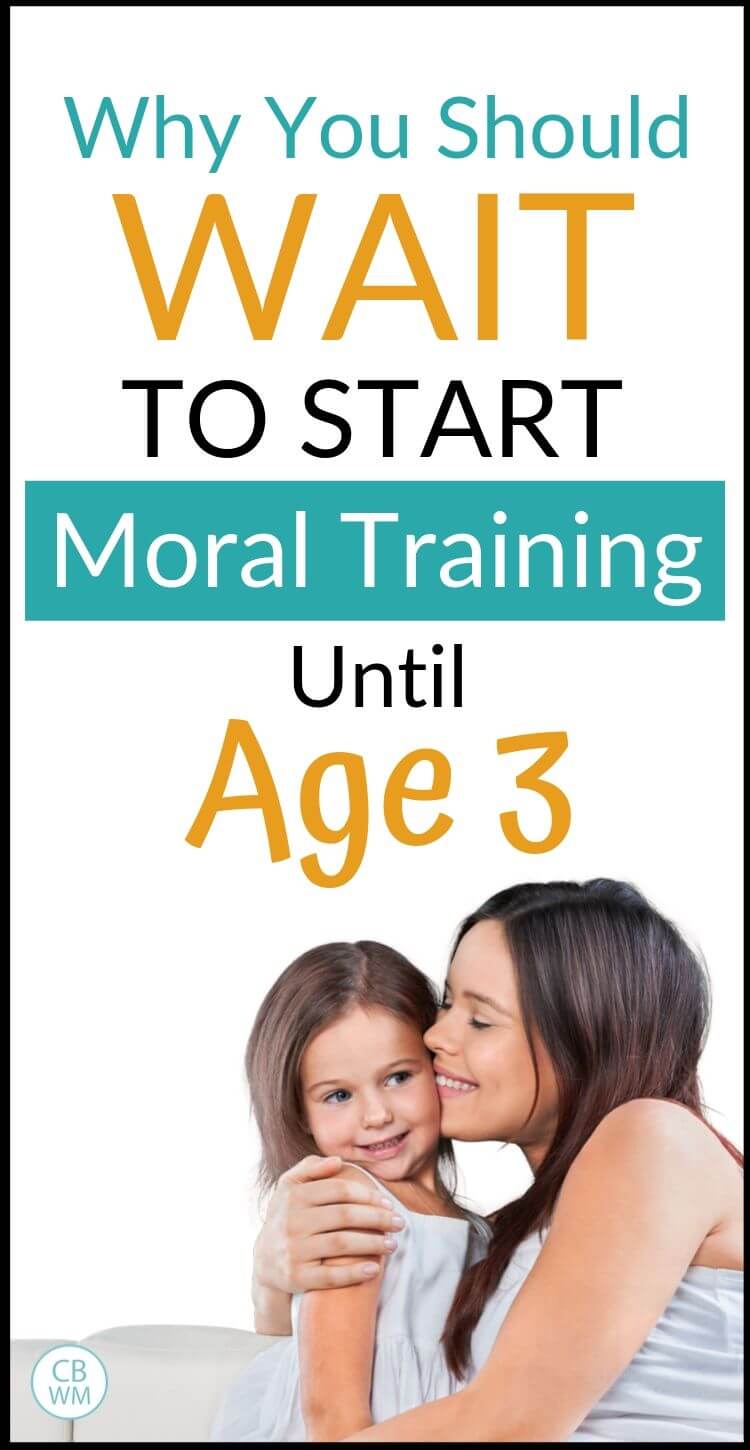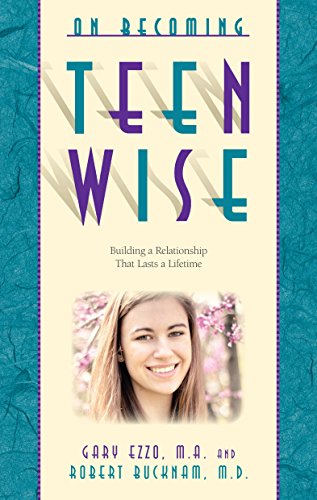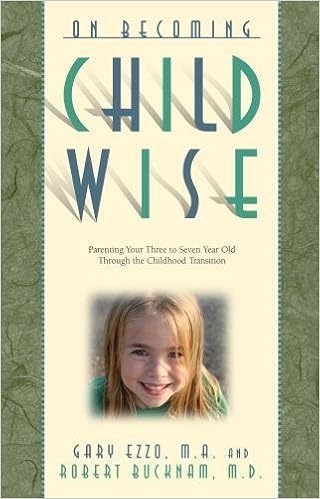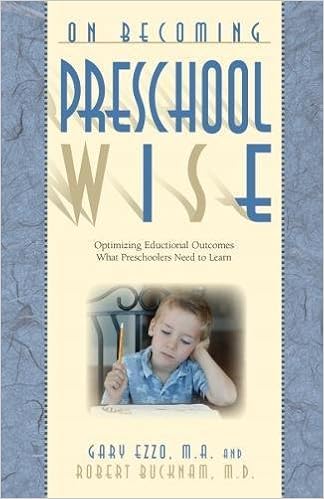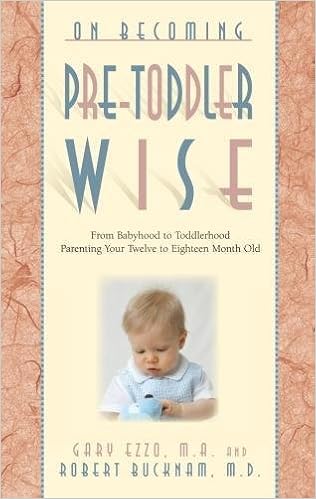Teaching children the why behind their actions and the reason it isn’t okay is not usually effective until age three. Children understand morals starting around age three. Read more below.
It is very easy to watch your cute little toddler walk up to a child at the park and immediately going into a panic that your little cutie is turning into a punk. You can’t understand why your child would be so unkind toward someone else!
The reality is your little two year old isn’t acting with intention.
Post Contents
Moral Competence Starts at Age 3
Prior to age three, most children are not able to act with moral reasons. We teach our children the right behavior and do not allow them to do things we find offensive (hitting, stealing, lying, etc.), but the child is acting out of nature when he does these things, not maliciousness.
The child does not place any value on the actions.
This lack of value does not mean we let the child do the action. We train the child in the right actions even though he can’t understand why yet. The -wise series refers to this as training the habits of the heart.
Read: Actions Precede Beliefs
Around age three, things change. The child can now understand why we do or don’t do things. He can now understand the value of things and why we do or don’t do things. At this point, you not only tell your child that you don’t hit, but you tell him why you don’t hit.
Correct Inappropriate Behavior Before Age 3
Just because your child can’t fully grasp why something isn’t okay does not mean you do not teach your child that it is not okay. This must be reiterated. Read up on Why You Can Give Your Baby Rules and Boundaries
Some Kids Start Earlier than Age 3
Some children might show a capacity for “otherness” earlier than three. Kaitlyn is currently 2.5 and shows great empathy and sympathy for others. I often offer short “whys’ when telling her not to do something, but I keep them short. I know she will have greater capacity to understand why closer to age three. For now, I say, “We don’t hit. Hitting isn’t nice.” No more of an explanation than that.
Keep Explanations Age-Appropriate
Speaking of explanations, remember to always keep your explanation age-appropriate. We adults can often over-explain and slip into a lecture mode that kids tune out.
You don’t need to say more than is needed. Children will ask you for more information if they need it or want it. If you are concerned your child does not understand what you are saying, employ the “ask and tell” strategy to see what your child comprehends. Read up on Ask and Tell here.
Children want to know why, and “because I said so” does not teach them how to apply the “why” to other situations. Read more at Teach Why.
Read: The What vs. How of Training Your Child’s Character
Conclusion
As you are correcting your child under the age of three, just focus on the right habits rather than concerning yourself over the intent of his heart.
After age three, you want to start moral explanations and training the intent of the heart. Teach that “why” behind what you are asking your child to do. Keep the “why” brief and age-appropriate. As you work on moral training, your child will be able to make wise choices even in situations she hasn’t faced before.
Information found in On Becoming Preschoolwise, pages 154-155.


